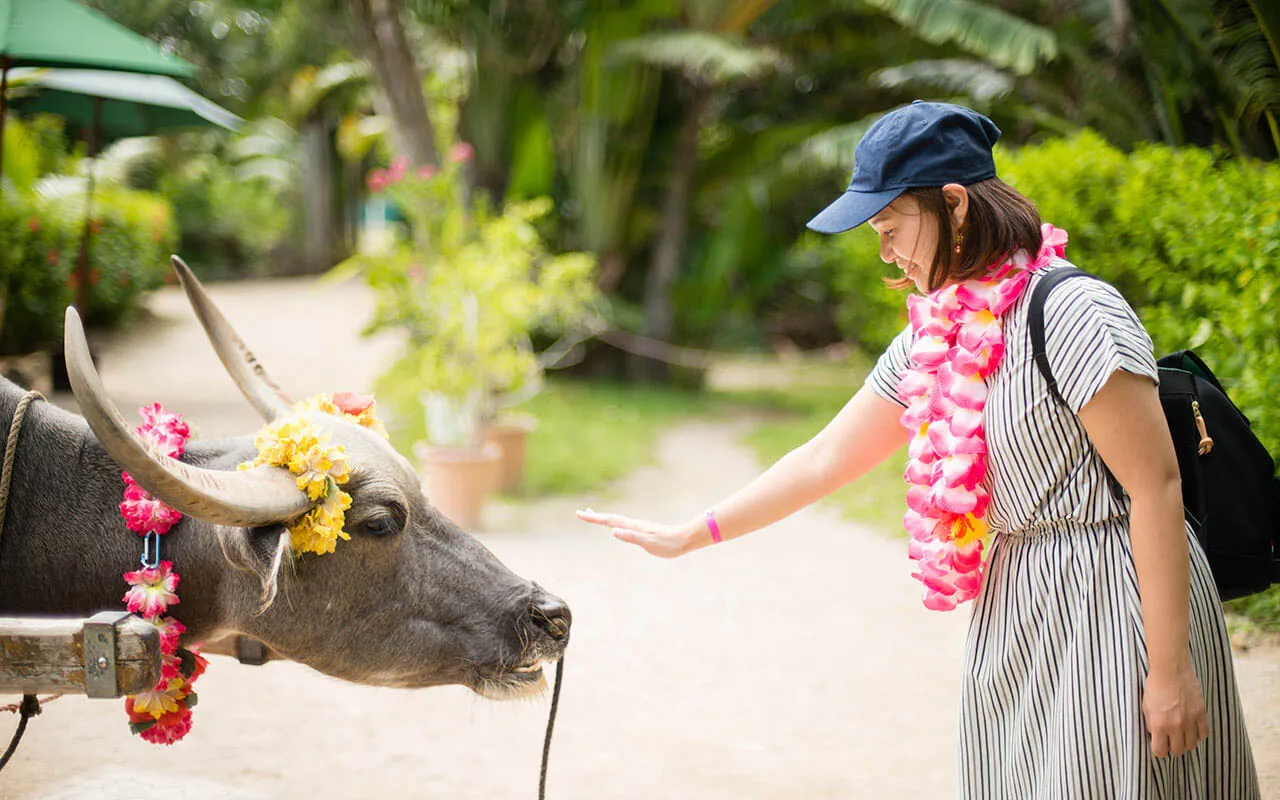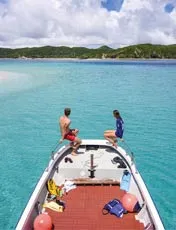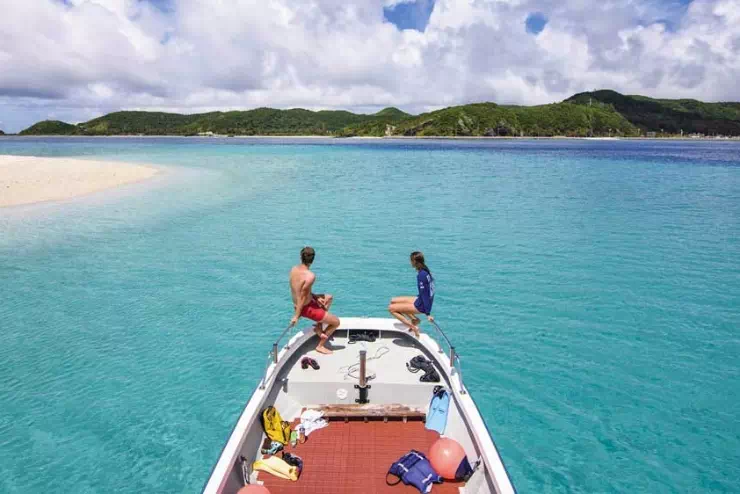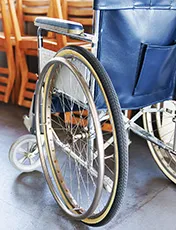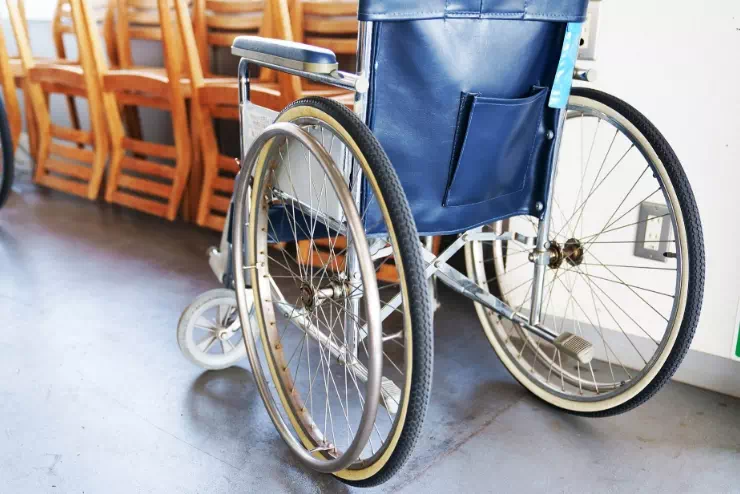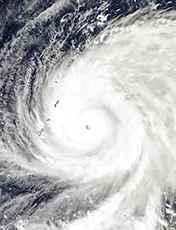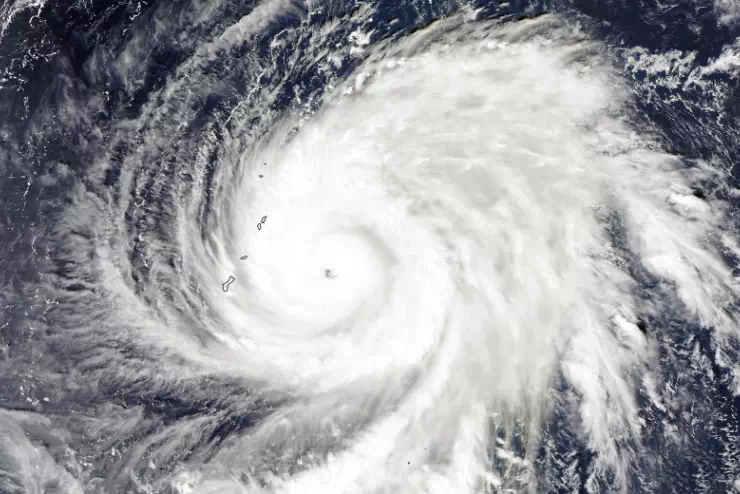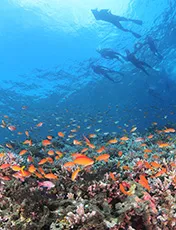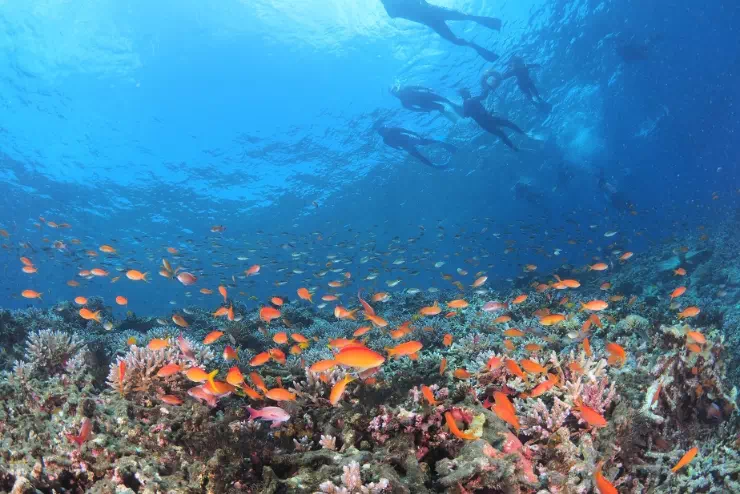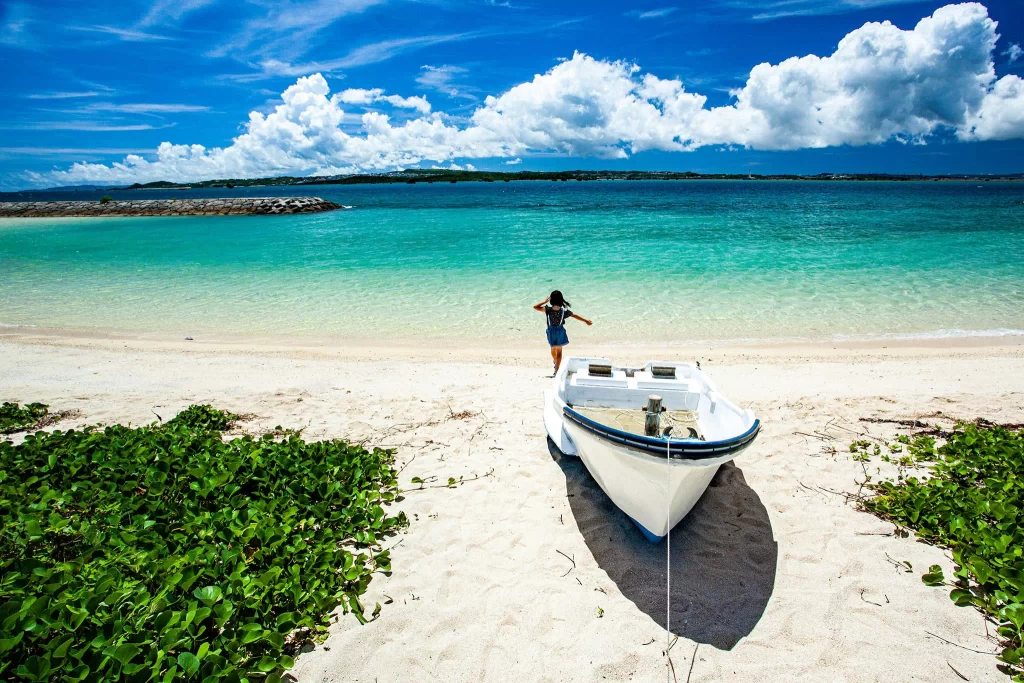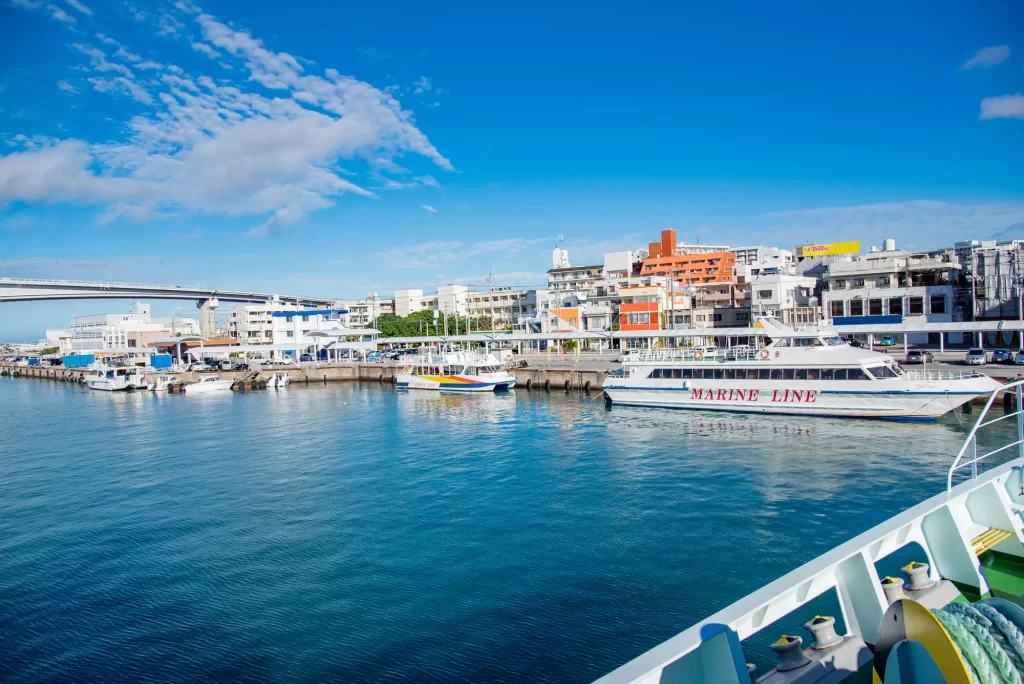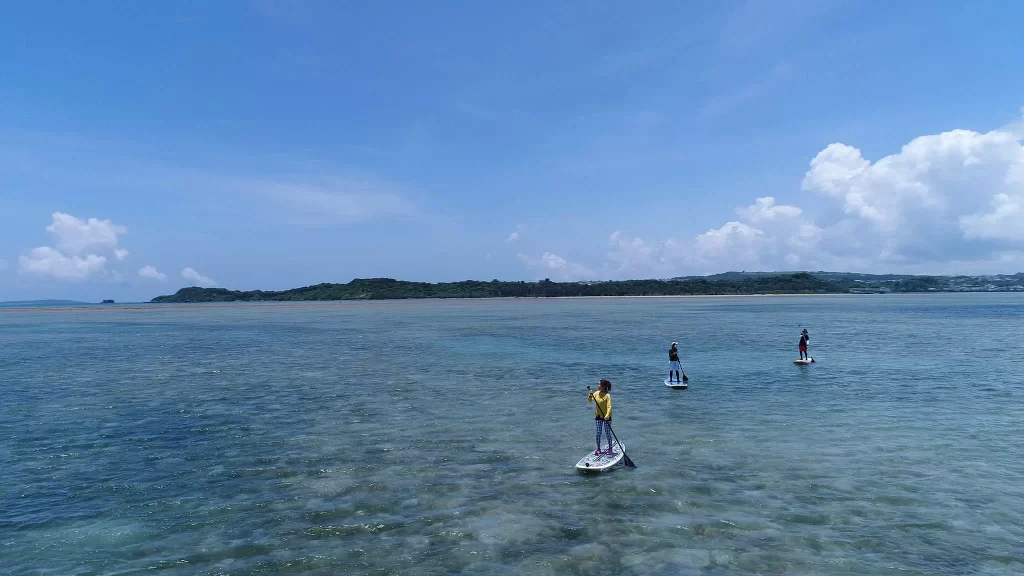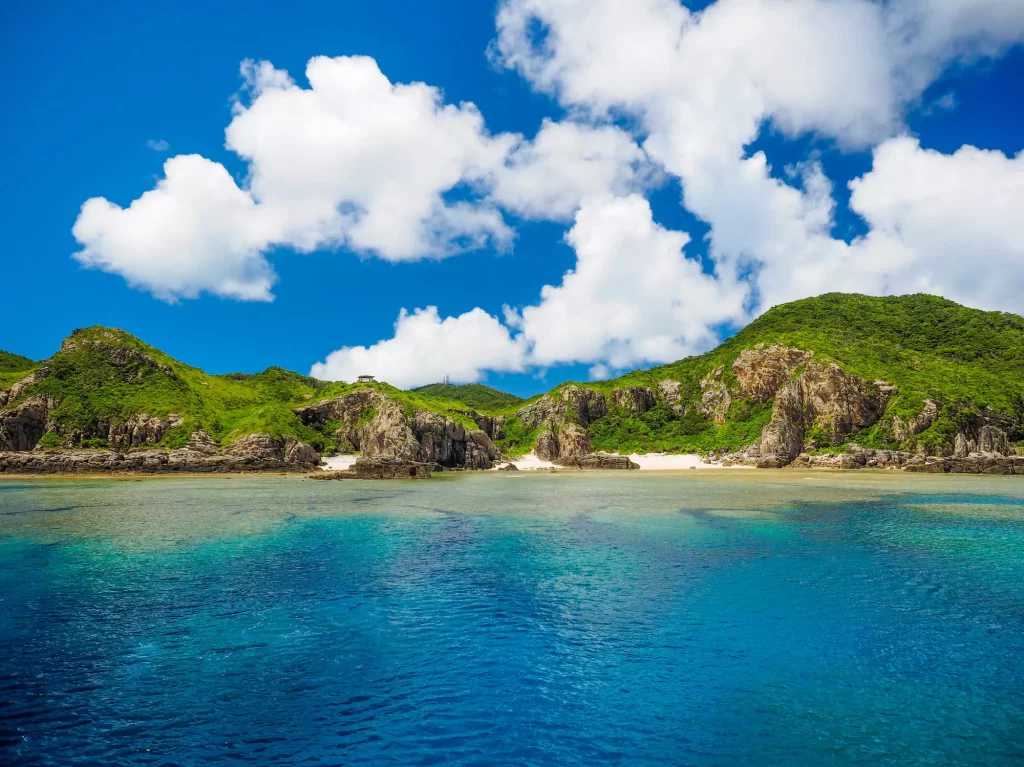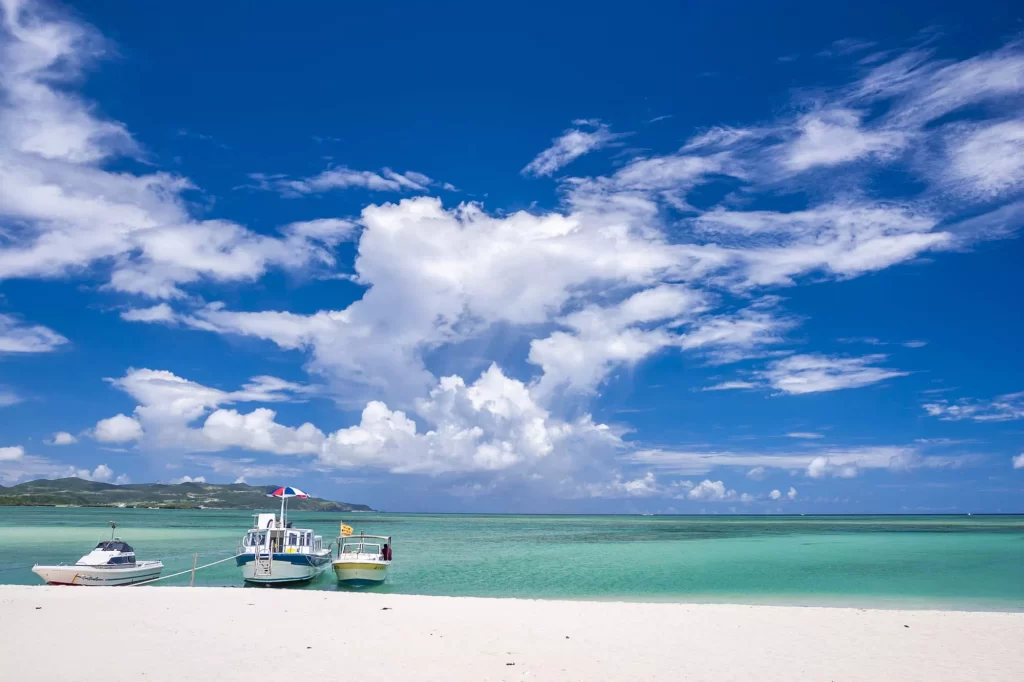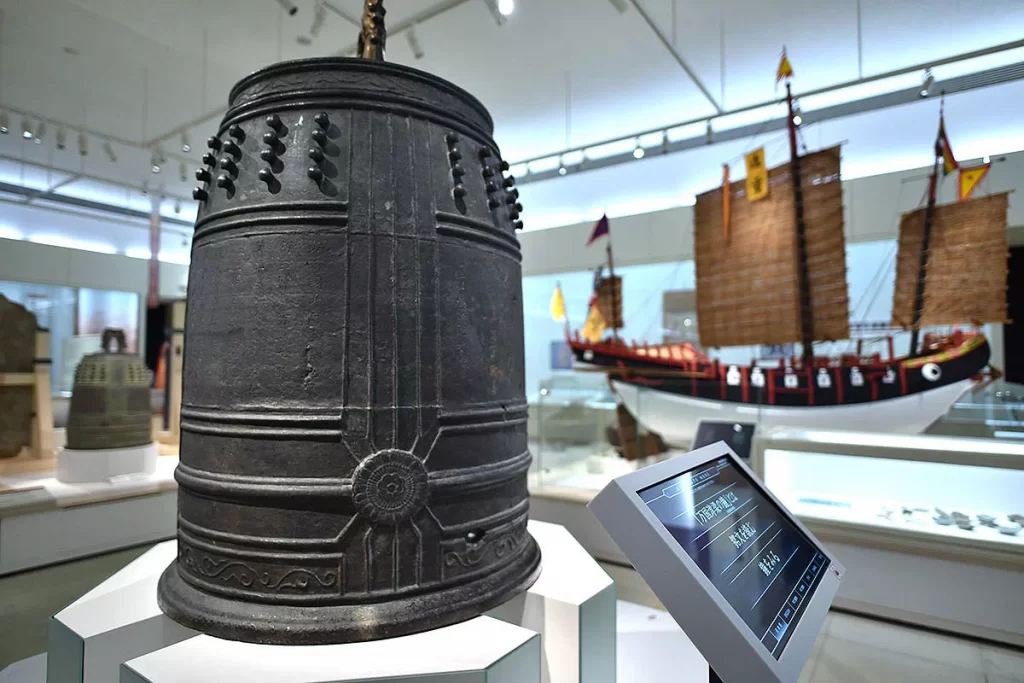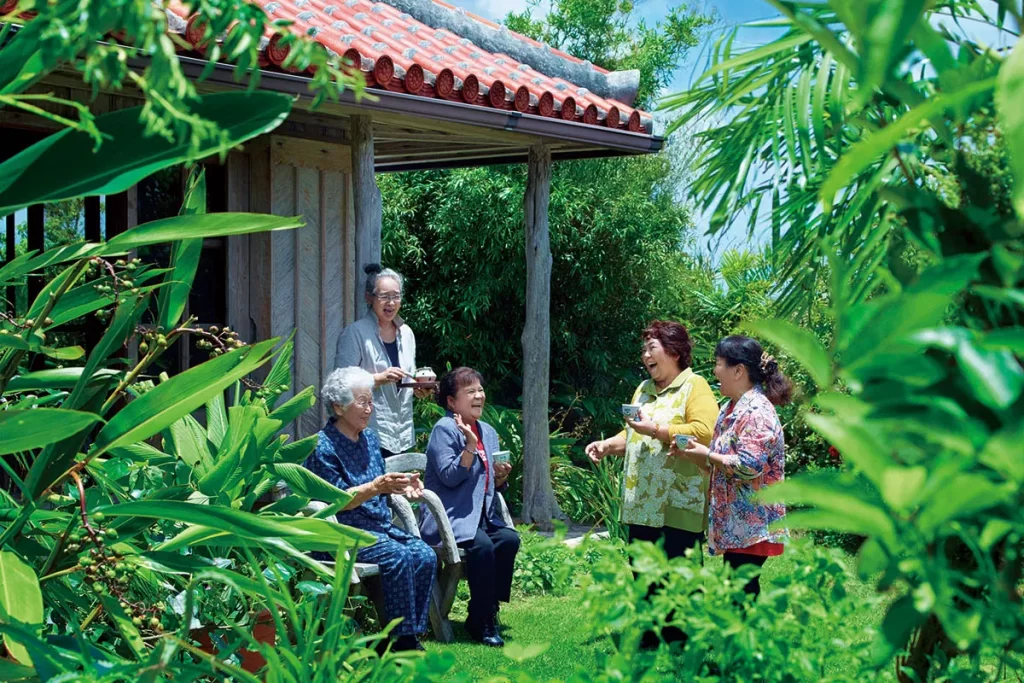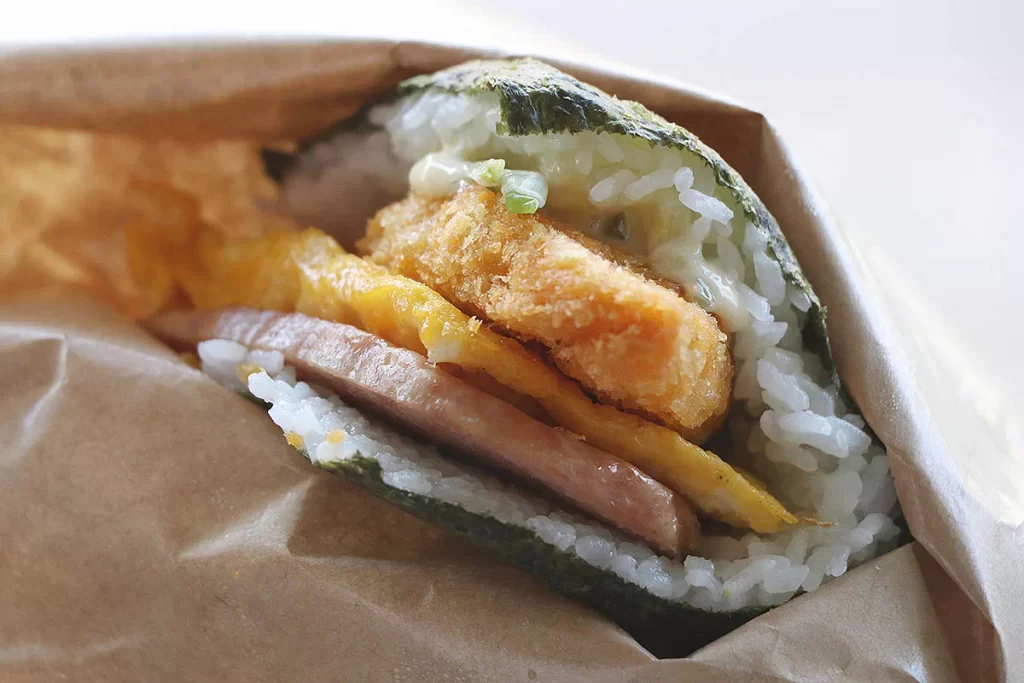Okinawa 101—All the information you need for a first-time trip to the islands
Visiting the islands of Okinawa for the first time is an exciting experience. Fully prepare for your trip by browsing the useful information below. From where to find free Wi-Fi and tax-free shopping to important information on natural disasters, all the essentials are covered here.
Essential Information
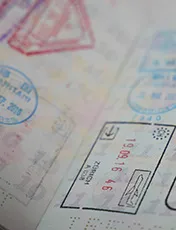
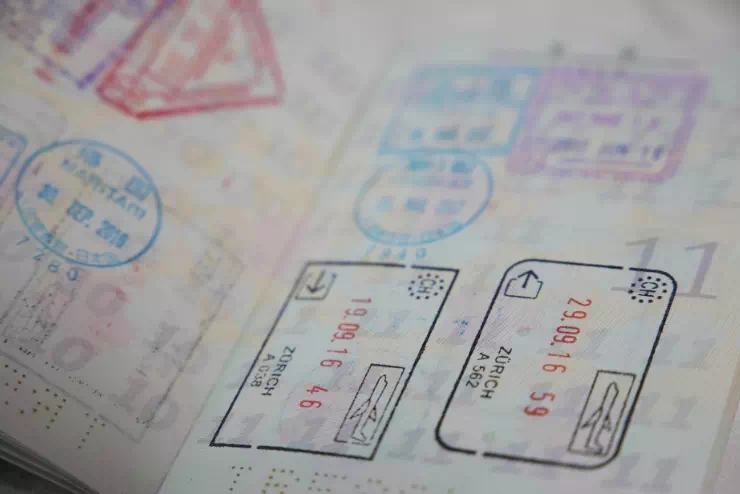
Visa & Immigration
Check whether you need a visa to travel to Japan and always travel on a valid passport with sufficient time remaining before the expiry date. While traveling in Okinawa, keep your passport with you at all times as you may be asked to present it for identification. If you lose your passport, file a report with the police, and contact the appropriate embassy.
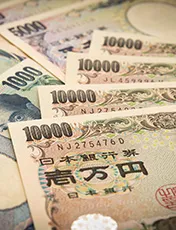
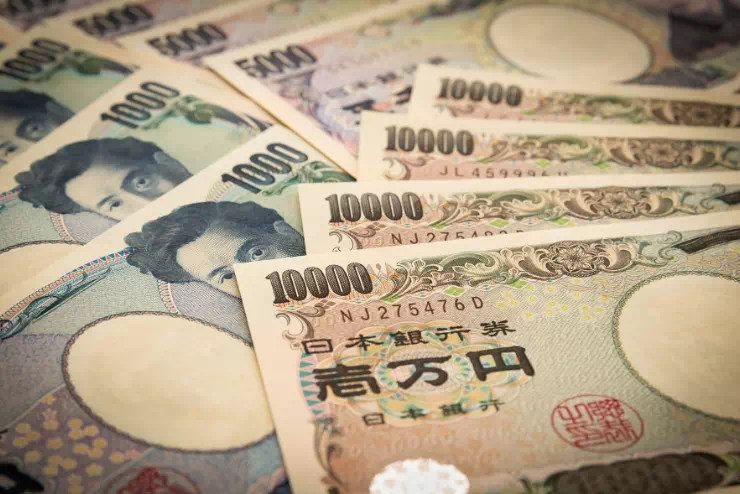
Currency & Currency Exchange
The currency in Japan is the Japanese yen (¥). Credit cards and contactless payment methods are generally widely accepted in urban areas, but many small shops and businesses in rural areas and on small islands will only accept cash. You can exchange currency at the airport, at certain ATMs, and exchange bureaus around the islands. If you are bringing cash with you, note that amounts exceeding 1 million Japanese yen need to be declared at customs.
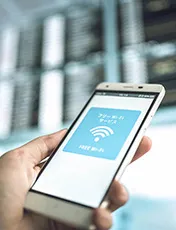
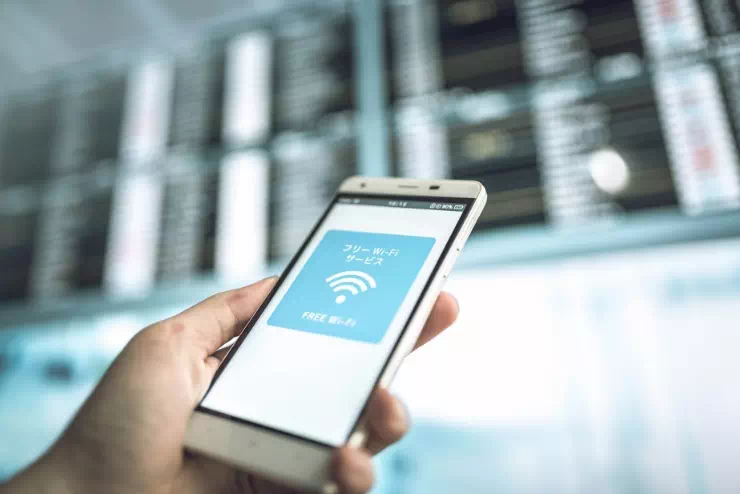
Wi-Fi
Free Wi-Fi is available at most accommodations, at some tourist facilities, and in some urban areas. Check with your accommodation at the time of reservation regarding Wi-Fi availability. Okinawa Prefecture operates the free Wi-Fi service Be.Okinawa Free Wi-Fi. See the user guide for instructions and check the area map for locations.
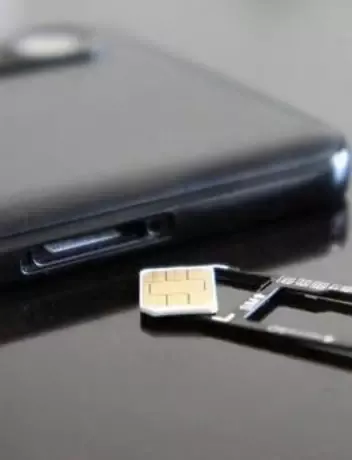
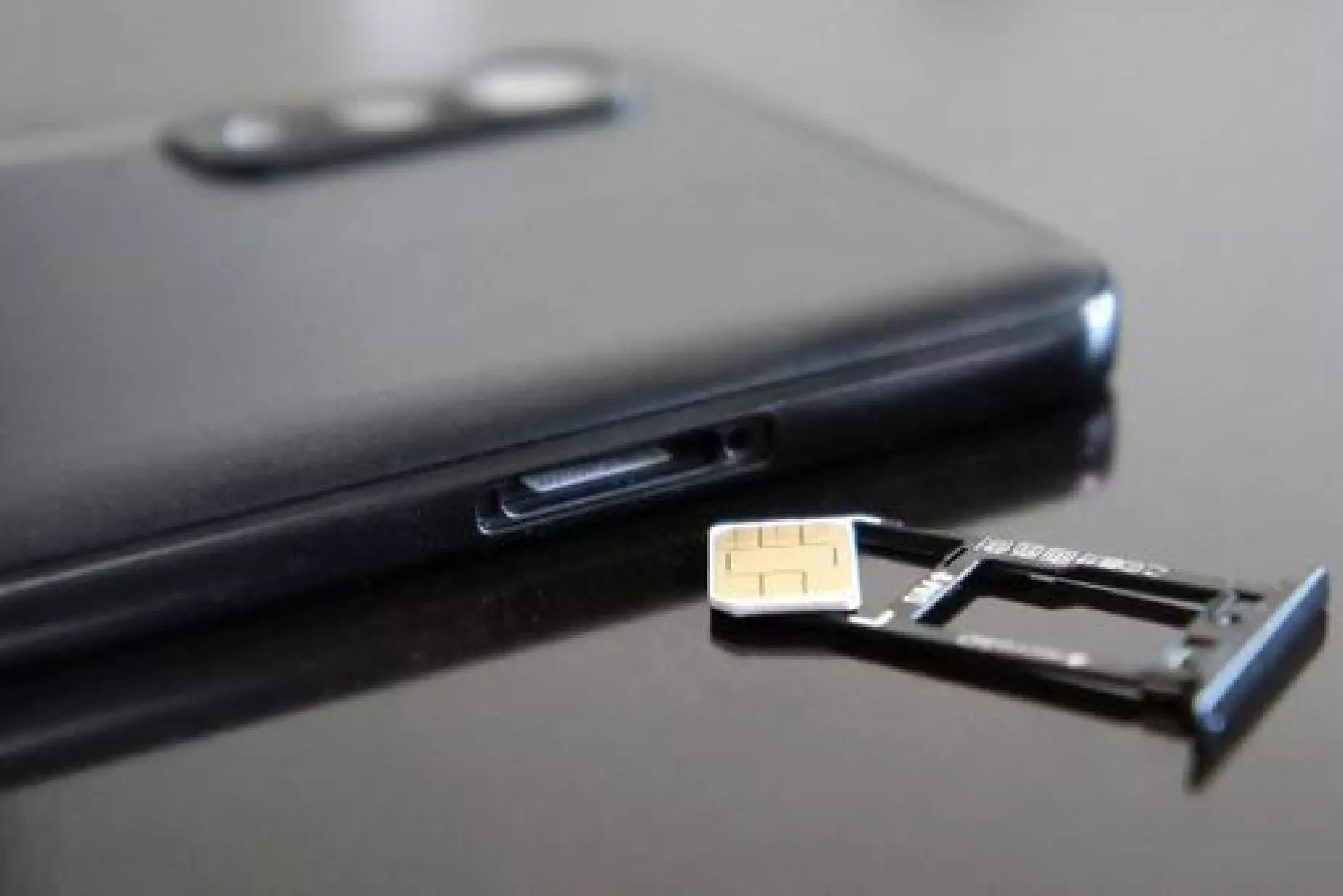
SIM Card & Mobile Router
For uninterrupted access to the internet, consider renting a mobile router or purchasing a SIM card. At the arrival lobby of Naha Airport International Terminal, you can purchase a SIM card or rent a mobile router.
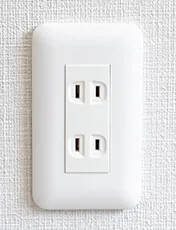
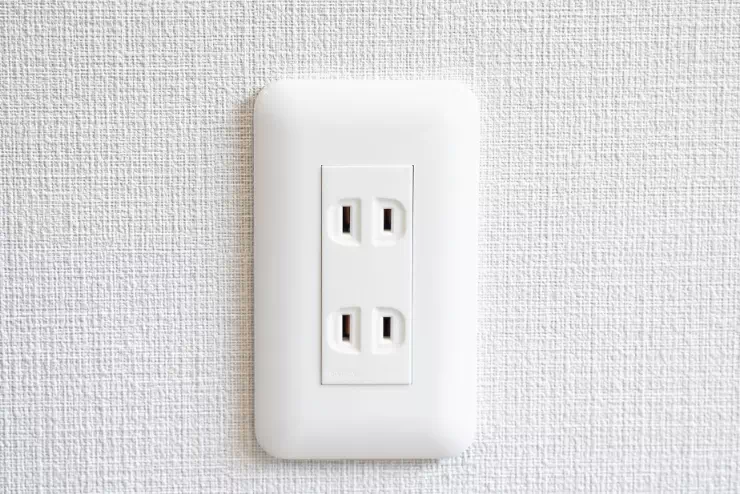
Voltage & Plugs
When bringing electronic devices that require plugging in, make sure they are compatible with Japanese voltage specifications and electrical sockets. Japanese plugs are A type. The voltage is 100V, and the frequency is 60Hz.
Tourist Information


Contact Center
Email or call the OKINAWA Multilingual Contact Center for tourist information, interpretation services, and assistance during your visit to Okinawa. Calls can be handled in five different languages including English.
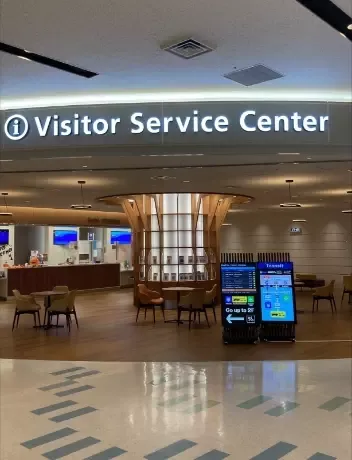
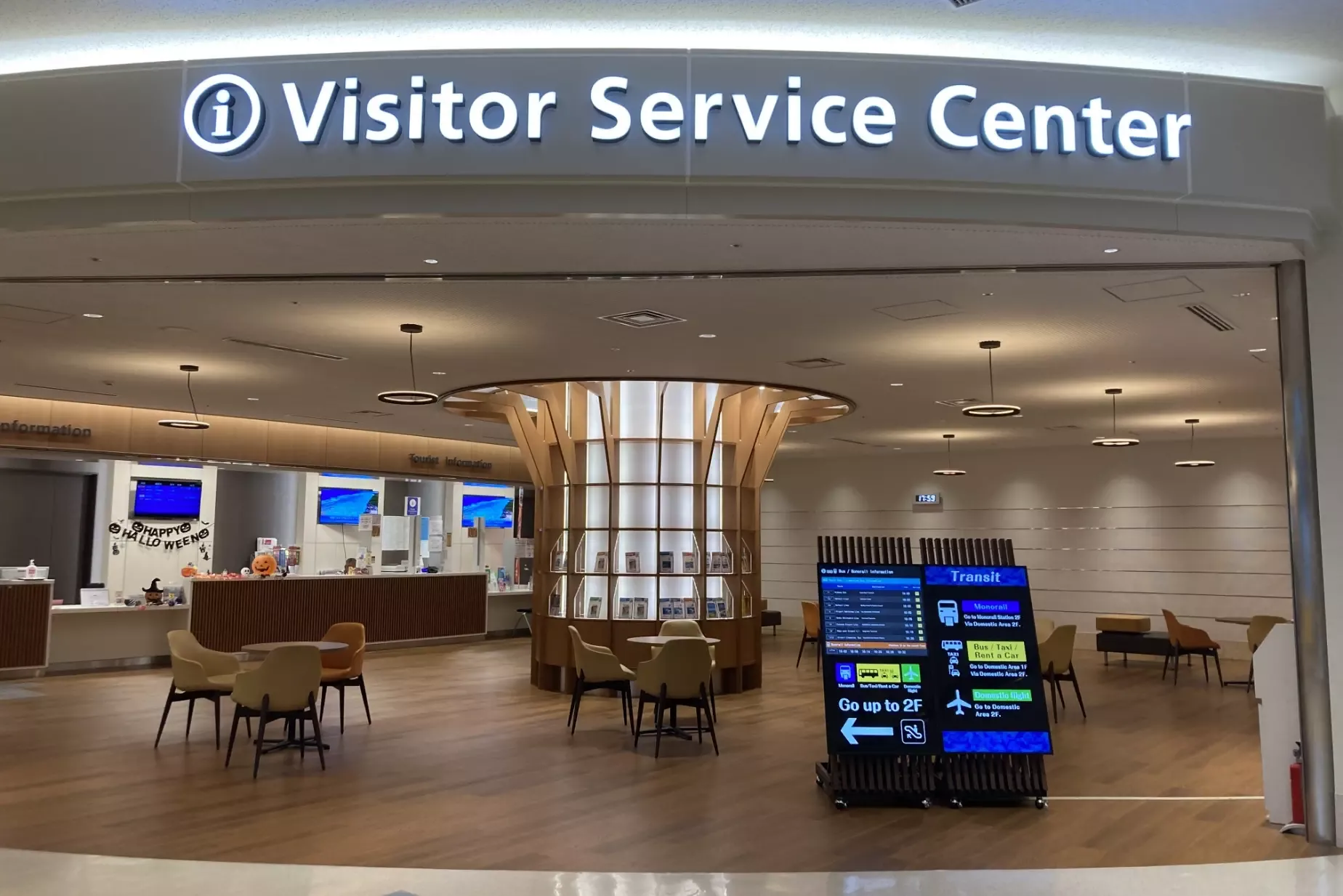
Tourist Information Centers
At “The Gateway to the Sky”, Naha Airport Arrival Lobby, and “The Gateway to the Land”, Yui rail Asahibashi Station/Naha Bus Terminal, there are Tourist Information Centers . The Staff who speak not only Japanese but also English and Chinese among other languages are there to help and guide you during your visit to Okinawa. The visitor center offers a variety of services such as, sales of bus passes, discount tickets for tourist facilities, SIM cards, baggage delivery and regular sightseeing tour bus reservations. As payment methods, Cash, credit cards (Touch payment), and QR cord payment (Alipay, WeChat Pay, Union Pay) are accepted. The Tourist Information Centers also provide Okinawa tourist maps and brochures. So feel free to drop by.


Dietary Requirements
Okinawa has a rich and diverse food culture with options to accommodate all visitors. There are a growing number of vegetarian restaurants and Halal-, vegetarian-, and vegan-friendly options across the islands. Some chain restaurants may display allergen information on their menus, but in most cases you will need to check directly with restaurant staff. Restaurants are increasingly able to cater to special dietary requirements, but in some cases may require advance reservations and notice.
- Learn More
- OKINAWA Travel Brochures: OKINAWA Welcome Guide For Muslim Visitors *2018
- OKINAWA Travel Brochures: OKINAWA VEGETARIAN Guide Book
- Muslim friendly restaurants *only in Japanese
- Vegetarian friendly restaurants *only in Japanese
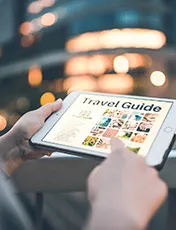
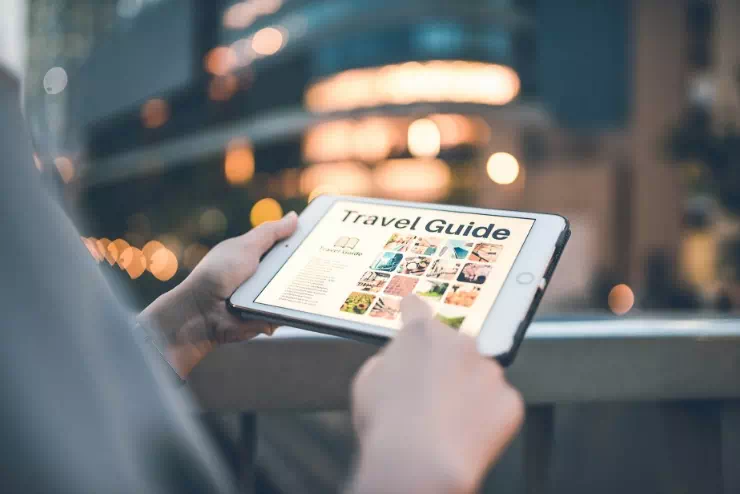
Useful Apps
There are many handy apps available to make traveling in Japan and Okinawa easy. Browse the Japan National Tourism Organization’s list to discover navigation, sightseeing, and accommodation apps among others.
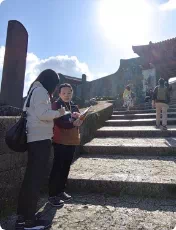
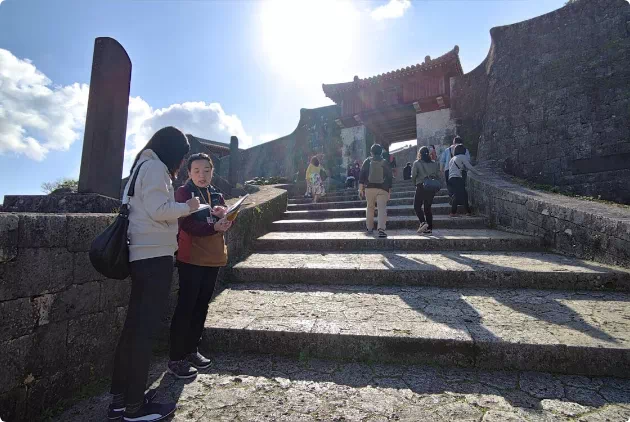
Guide Interpreter
Okinawa Prefecture has their own national and prefectural certified guide-interpreters.A licensed interpreter-guide with extensive knowledge of local culture, traditions, and customs will accompany you on your private tour, enriching your Okinawa experience and making your visit truly memorable.
For more information, please visit the OIGA website.
Shopping
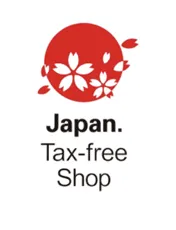
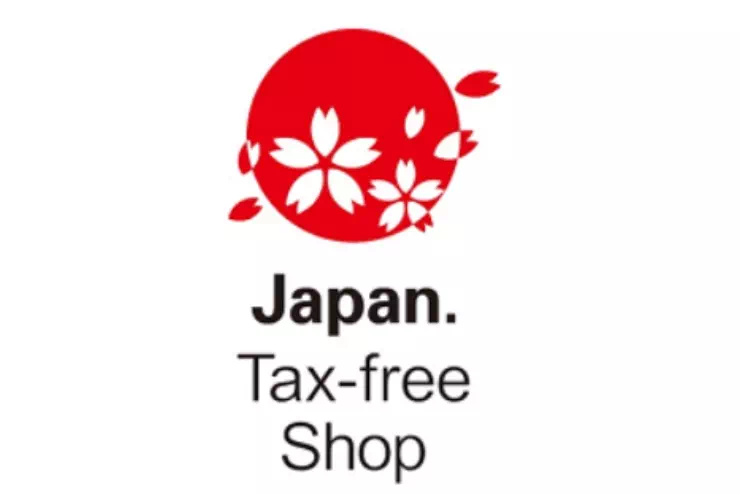
Tax-Free Shopping
Visitors to Okinawa are eligible for tax exemption on many consumer goods. Most major retail outlets offer tax-free shopping and have service counters where you can get more information on eligibility and procedures. The Japan Shopping website has a database of tax-free shops across the islands.
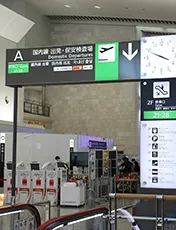
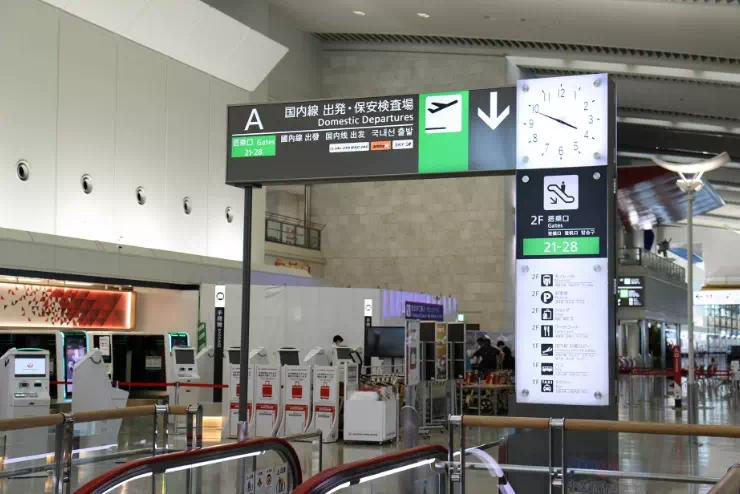
Duty-Free Shopping
International travelers to Okinawa can purchase goods without having to pay duty at DFS inside the departures lounge at Naha Airport and at T Galleria Okinawa in downtown Naha. More information is available on the DFS / T GALLERIA website.
Staying Safe
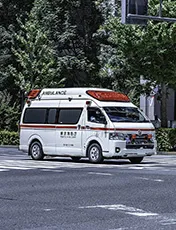
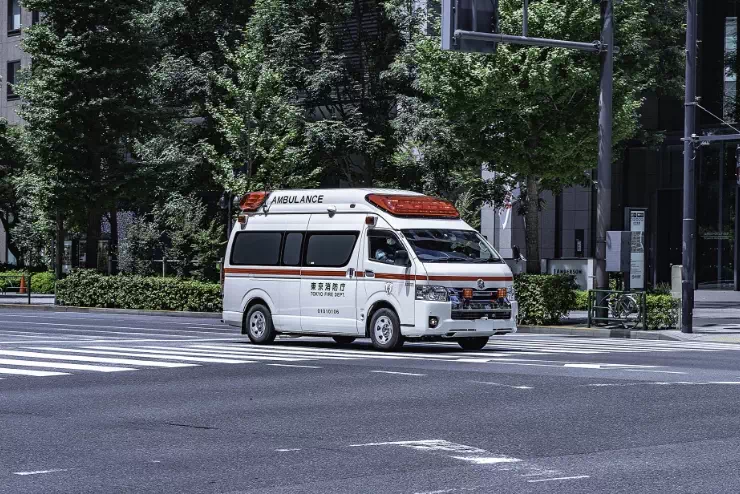
Emergency Services
In the event of an emergency, call the appropriate emergency service and do not worry about communication. All emergency calls are recorded and can be traced.
#110—Call the police to report an accident or crime.
#119—Call an ambulance or fire engine in case of a medical emergency or fire.
#118—Call the coast guard to report an accident or injury in the sea.


In Case of Illness and Injury
This section provides the necessary information for both emergency medical situations and non-urgent illnesses or injuries.
Consider obtaining travel insurance as a means of ensuring safety and peace of mind during your travel.
READ MORE

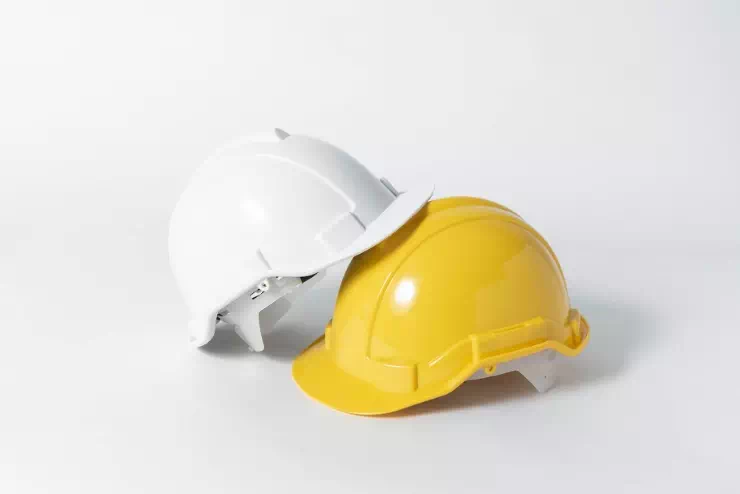
Earthquakes
Japan is a country prone to natural disasters including earthquakes and tsunamis. In the event of an earthquake, the most important thing is to stay calm, find a safe space, and crouch with your arms above your head to protect from falling objects. Once the earthquake subsides, check the latest disaster prevention information to see if there is a risk of a tsunami. If a tsunami warning is issued, make your way to high ground immediately. There are several apps and online resources that provide information on what to do in the event of a natural disaster.

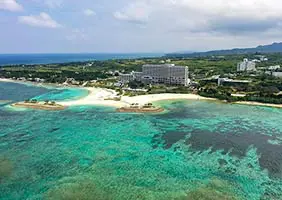
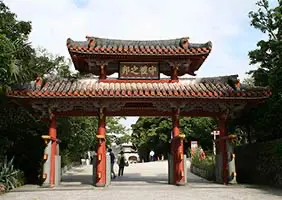
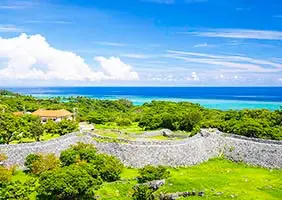


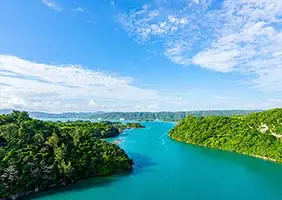

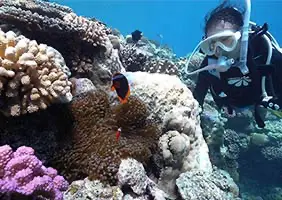

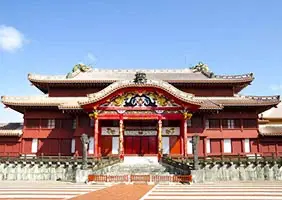
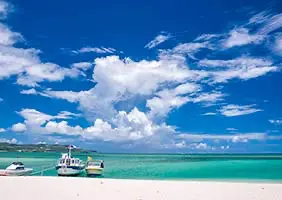
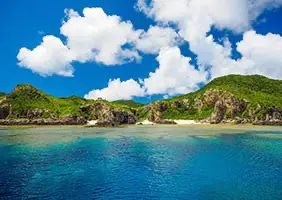
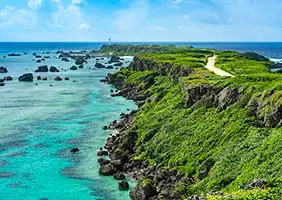
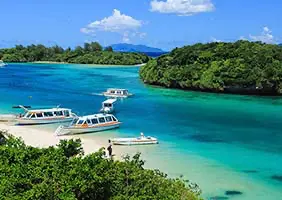
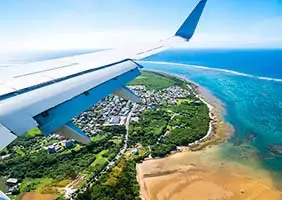
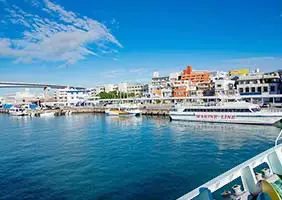
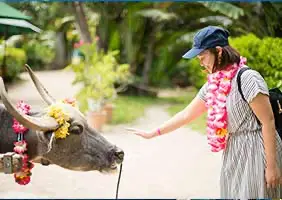
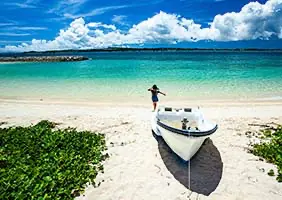

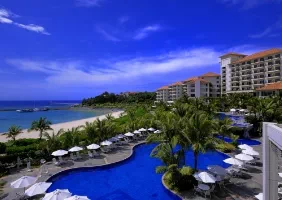
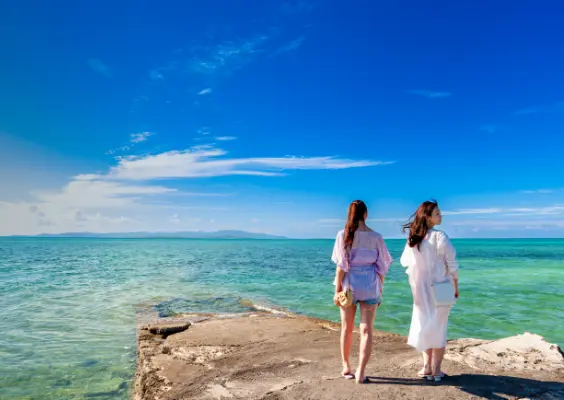
 Facebook
Facebook Twitter
Twitter Copy URL
Copy URL


